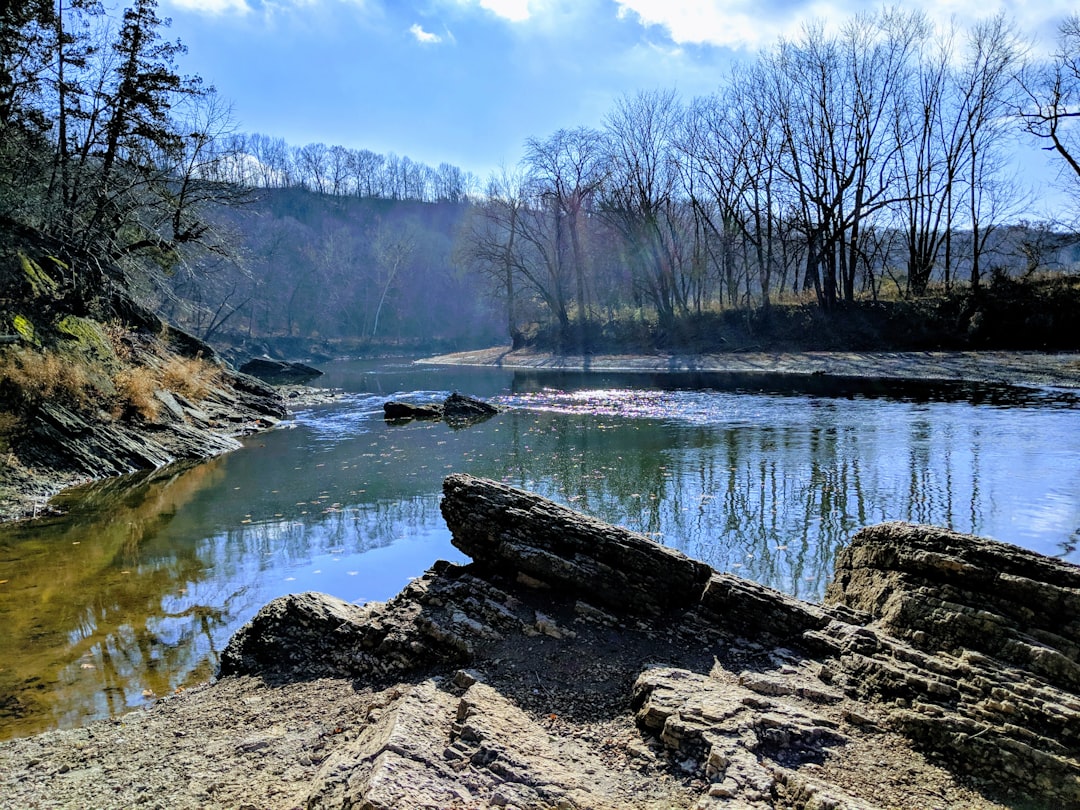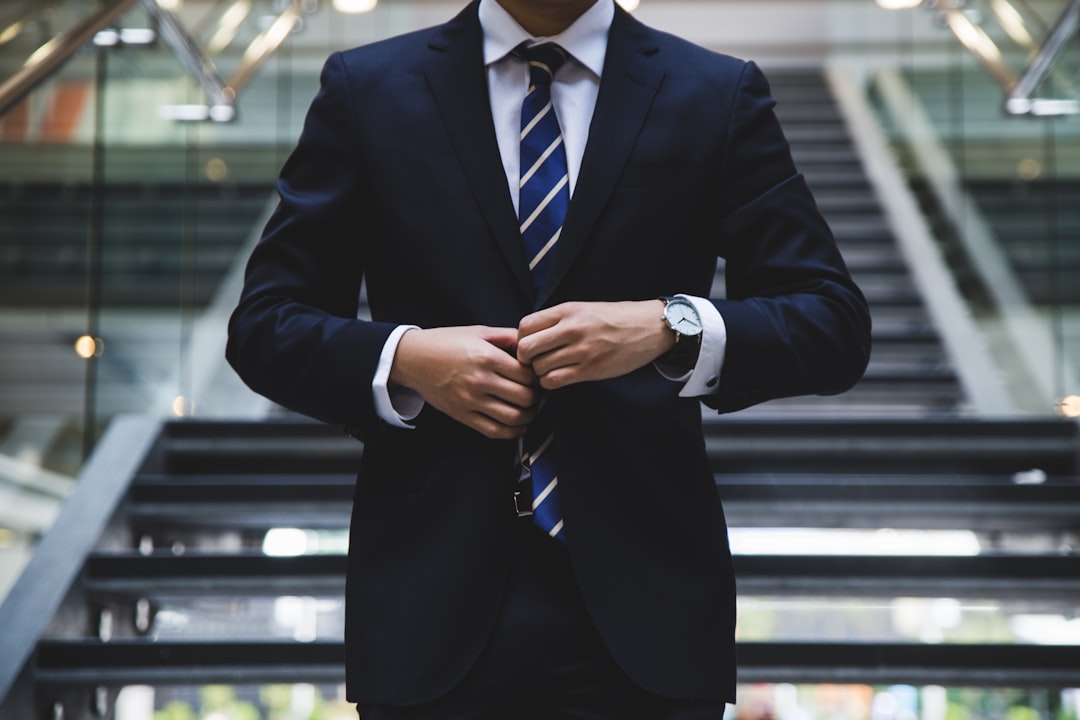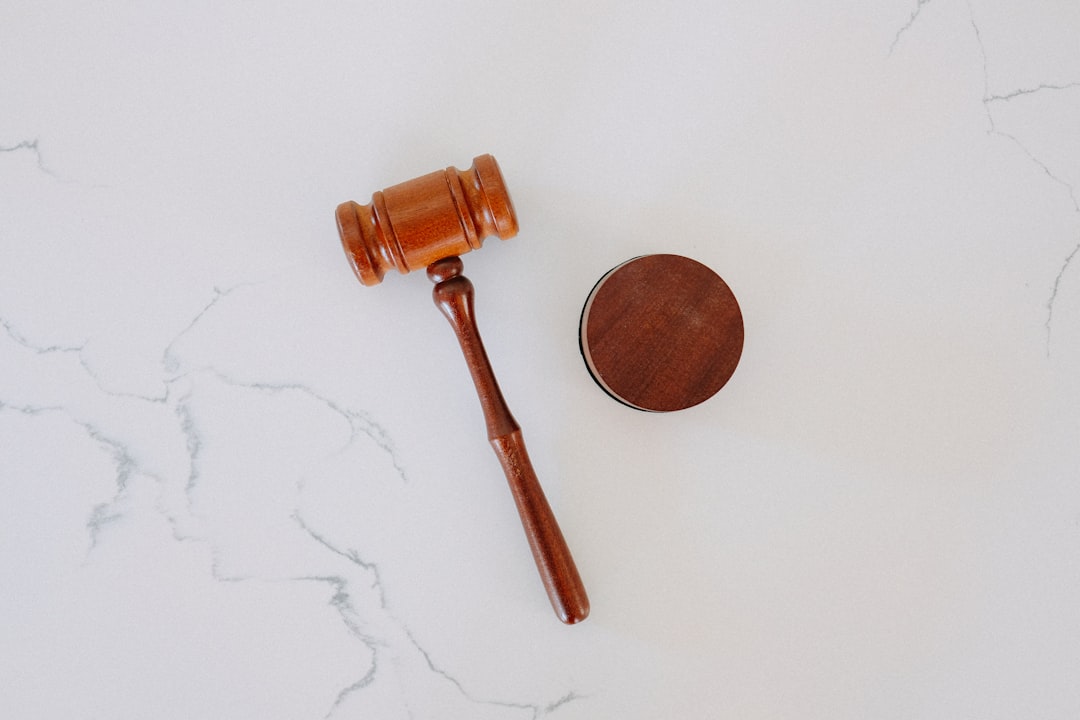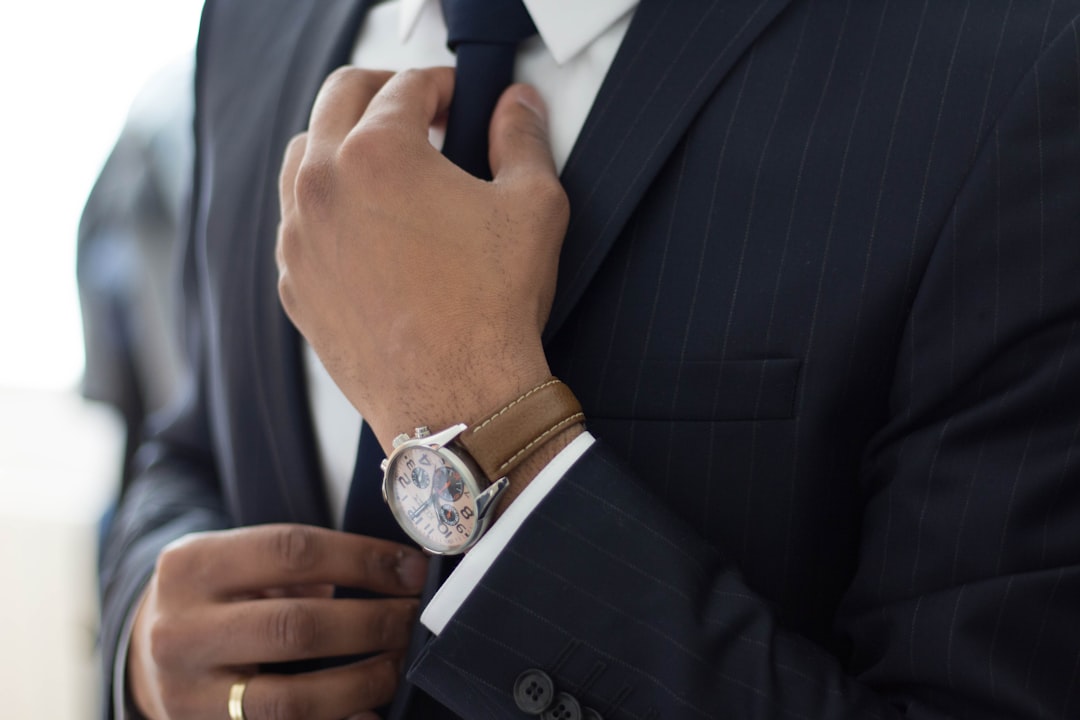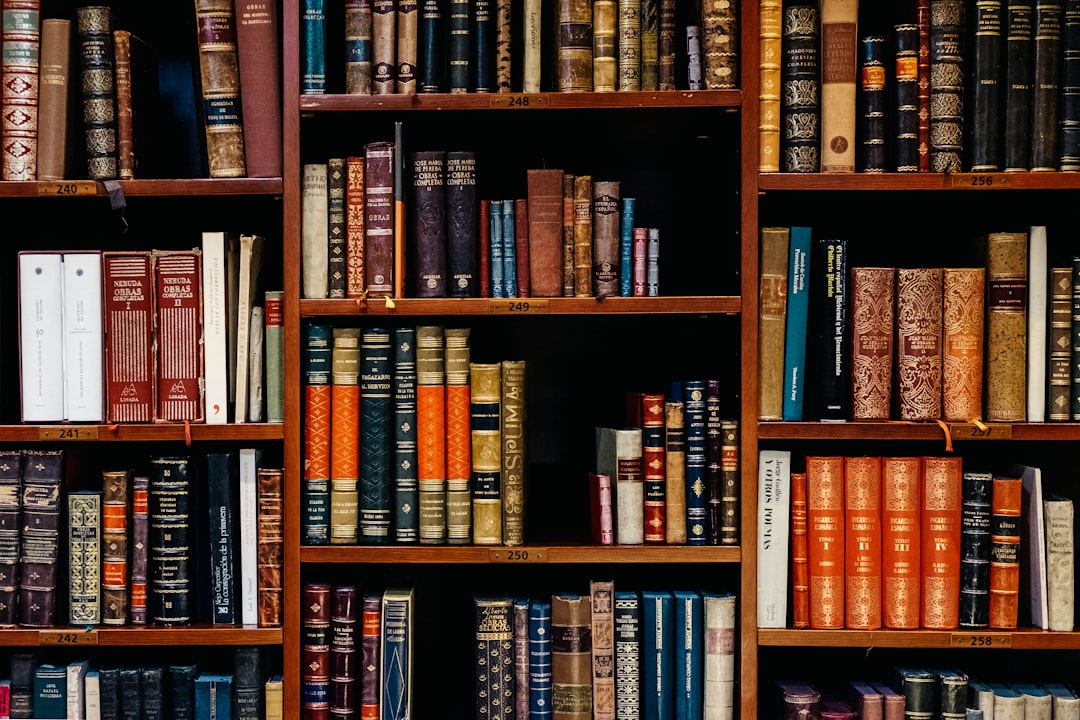Racial disparities in Chicago's sexual violence reporting persist due to systemic factors like police bias and mistrust. Low-income areas lack resources, leading to underreporting and unprosecuted cases. Sexual assault lawyers Illinois play a crucial role by providing specialized legal aid tailored to diverse backgrounds, ensuring survivors' voices are heard and rights protected. Community initiatives collaborate with activists and sexual assault lawyers in Illinois to advocate for policy changes, improve access to justice, and foster understanding of consent among marginalized survivors.
In Chicago, racial disparities in sexual violence reporting highlight a complex intersection of race and sexual abuse. This article delves into the unique challenges faced by vulnerable communities, examining socioeconomic factors exacerbating existing inequalities. We explore legal frameworks and their limitations in addressing race-based assaults, while shedding light on community initiatives fostering healing and prevention strategies. For those seeking justice, understanding these dynamics is crucial, especially with the support of experienced sexual assault lawyers in Illinois.
Exploring Chicago's Racial Disparities in Sexual Violence Reporting
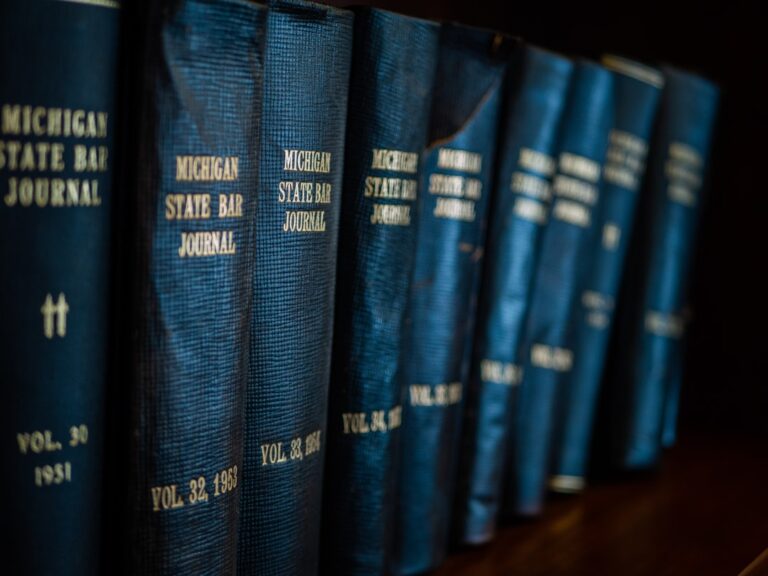
In Chicago, racial disparities persist in reporting and addressing sexual violence. Studies indicate that certain communities, particularly Black and Hispanic individuals, face significant barriers when it comes to seeking justice for sexual assault. These disparities could be attributed to systemic issues such as police bias, mistrust of authorities stemming from historical injustices, and limited access to cultural competent legal services. As a result, many cases go unreported, leading to underrepresentation of these crimes within the official statistics.
The presence of sexual assault lawyers in Illinois plays a crucial role in addressing this disparity by offering specialized legal aid tailored to the unique needs of survivors from diverse racial backgrounds. These attorneys work to ensure that victims’ voices are heard and their rights protected, thereby contributing to a more inclusive and equitable criminal justice system that addresses the intersection of race and sexual abuse effectively.
The Impact of Socioeconomic Factors on Vulnerable Communities

In Chicago and across Illinois, socioeconomic factors significantly influence the experiences of vulnerable communities, particularly when it comes to issues like sexual abuse. Communities facing economic hardships often lack access to adequate resources, quality education, and safe living environments, rendering them more susceptible to exploitation and violence. According to numerous studies, individuals from low-income backgrounds are at a higher risk of experiencing sexual assault due to limited opportunities and systemic barriers that restrict their mobility and agency.
These communities often reside in areas with high crime rates and inadequate law enforcement presence, making them vulnerable to predatory behavior. Moreover, the lack of access to legal aid, including specialized services from sexual assault lawyers Illinois, can further exacerbate the challenges faced by victims who come from marginalized socioeconomic backgrounds. This gap in support can lead to underreporting and unprosecuted cases, perpetuating a cycle of abuse and impunity.
Legal Frameworks and Challenges for Justice in Race-Based Assaults
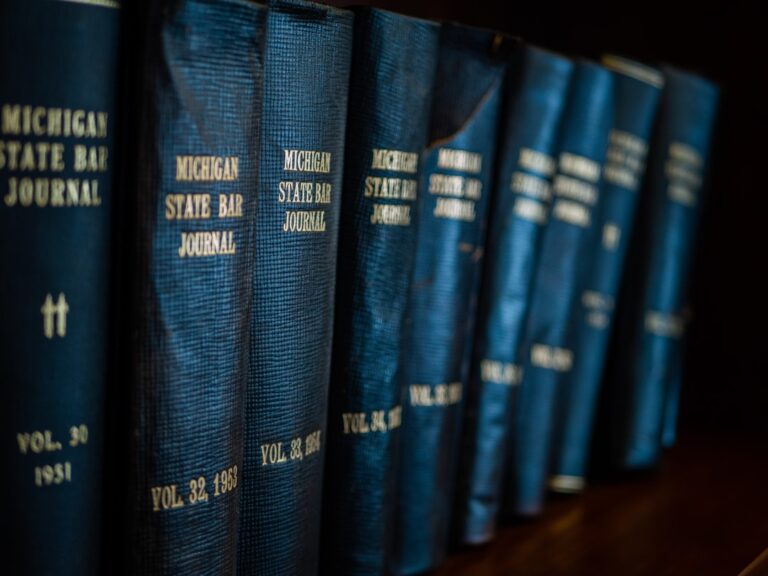
In Chicago, as across the nation, legal frameworks play a crucial role in addressing race-based sexual assaults. However, navigating these cases presents unique challenges. Many survivors from marginalized racial communities face systemic barriers to justice, including underreporting due to fear of racial profiling or mistrust in law enforcement. This complex issue demands specialized approaches and an increased focus on cultural competency among legal professionals, especially sexual assault lawyers Illinois who handle such cases.
The struggle for justice is further complicated by the intersectionality of race and gender, where survivors may experience not only sexual violence but also racial discrimination within the legal system. Effective representation requires a deep understanding of these intersecting identities to challenge systemic inequalities and ensure that survivors receive fair and equitable treatment, ultimately seeking justice and healing.
Community Initiatives Towards Healing and Prevention Strategies
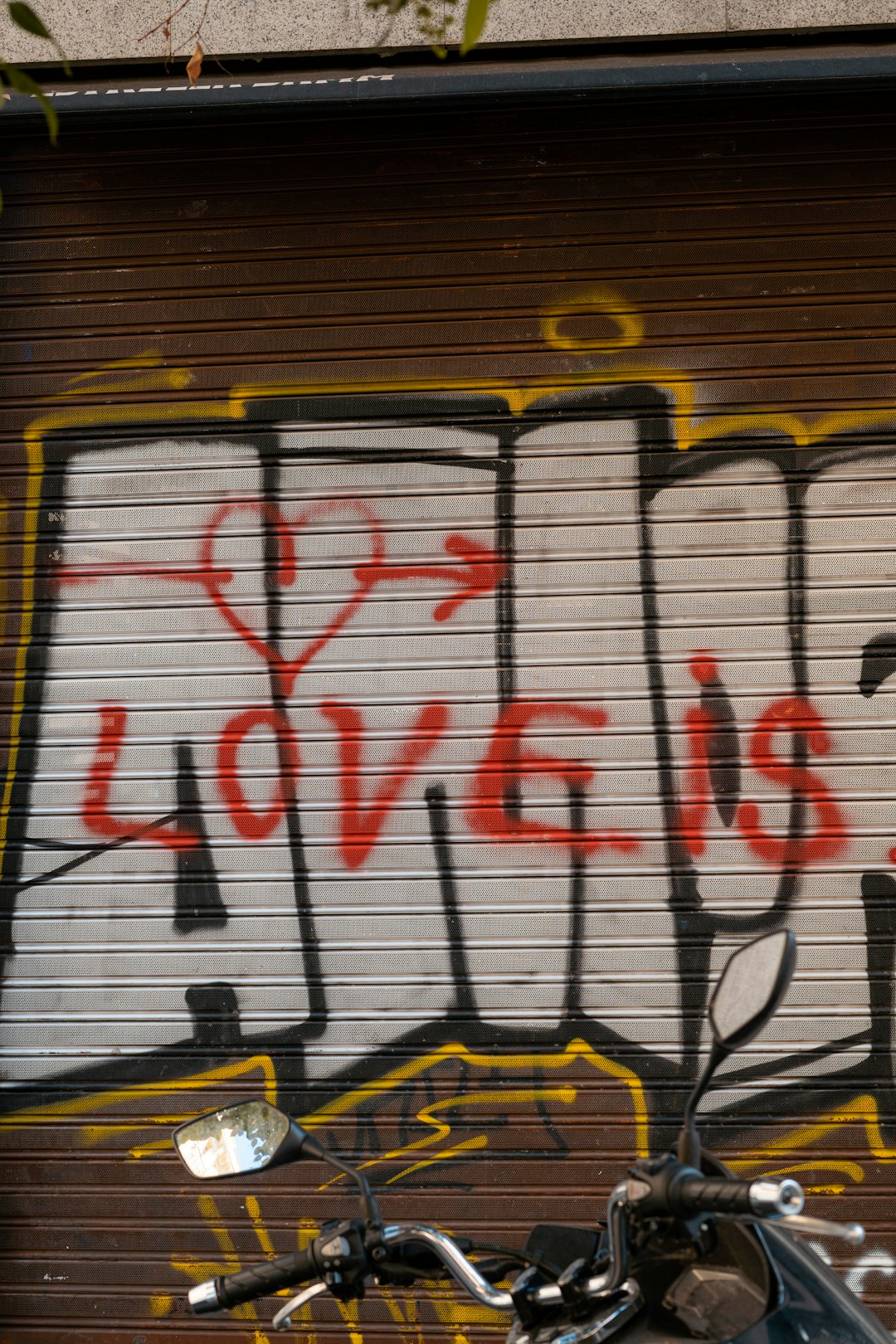
In Chicago, community initiatives have emerged as powerful tools in the healing and prevention of racial disparities in sexual abuse cases. Local organizations are taking a multi-faceted approach to address this complex issue. They offer support systems, education programs, and legal aid specifically tailored for marginalized communities, ensuring that survivors receive the help they need. These efforts include specialized services for racial and ethnic minority victims, who often face unique challenges in reporting and pursuing justice due to systemic barriers and cultural taboos.
Community-led initiatives involve collaboration between social workers, activists, and sexual assault lawyers in Illinois. They organize workshops, awareness campaigns, and safe spaces to promote understanding of consent, challenge stereotypes, and reduce stigma. By empowering individuals within these communities, they aim to foster a culture of respect and accountability. Additionally, these groups advocate for policy changes to improve access to justice and ensure that prevention strategies are inclusive and effective for all Chicago residents.
